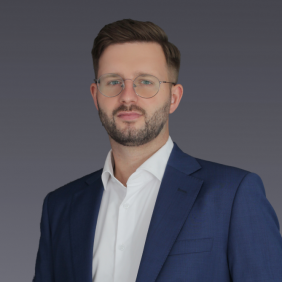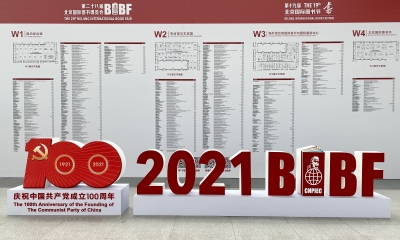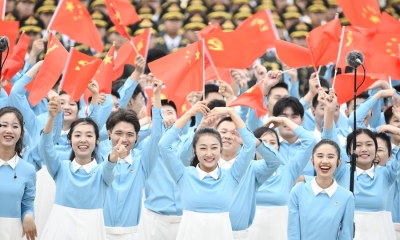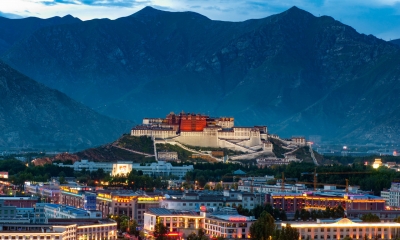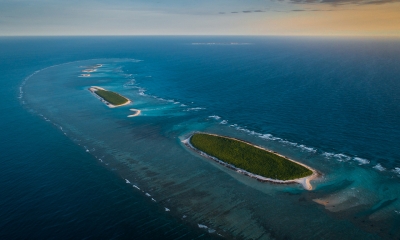Revelations of an “Unprecedented Year”
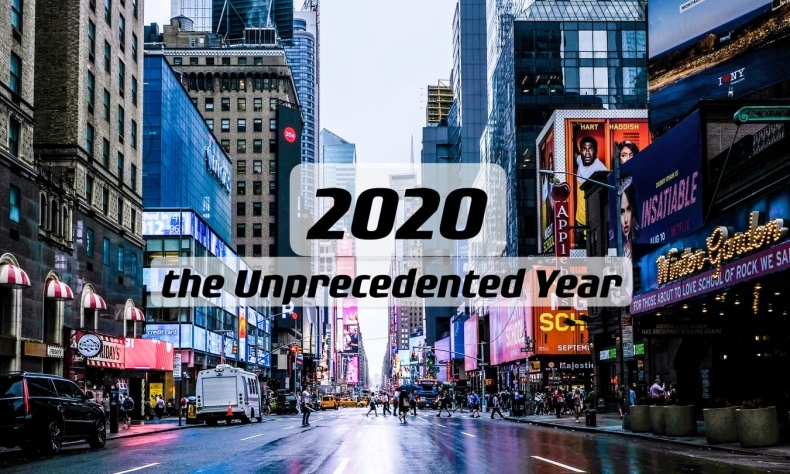
The COVID-19 pandemic has laid bare deep and dangerous divisions. But it is not too late to change.
Each year, the Oxford English Dictionary chooses its aptly-named ‘Word of the Year’ to reflect the “ethos, mood or preoccupations” of the past 12 months.
Due to the unprecedented nature of this year however, Oxford noted that 2020 is not a year that can be neatly accommodated in one single word. In lieu of its annual ‘word of the year’, the dictionary announced its “Words of an Unprecedented Year” report.
In ‘Words of an Unprecedented Year’, lexicographers document the rise of 16 words and phrases across the year. Notably, three main events stood out; the COVID-19 pandemic, social movements, and partisan politics.
Interestingly, the overarching theme which runs through each of the years three stand out events is division.
Divided people
The brutal killing of George Floyd, acknowledged by the dictionary’s inclusion of the terms “Black Lives Matter” and “BLM”, resulted in nationwide protest and civil unrest across the United States. The movement which calls for police reform and an end to systemic racism, quickly spread across the United States and Europe, and gained notable support in parts of Africa, Latin America, Asia, the Middle East, and Australasia.
As the international BLM movement spread across the globe, a smaller counter group organized under the banner “All Lives Matter”. The divide, which formed largely along partisan lines, was made all the more prominent in the U.S., by the incredibly polarized presidential election campaign.
Notably, America was not the only nation to experience polarization this year. The COVID-19 pandemic saw to it that a vast majority of countries experienced a growing divide to some degree.
Public health measures taken by governments to slow the spread of COVID-19 proved to be the most fertile breeding ground for division. According to Carnegie, more than 30 major protests in 26 countries have targeted coronavirus restrictions since March. Little surprise then that Pew found a majority of people — surveyed across 13 Western countries — believe their country to be “more divided now than before the coronavirus outbreak”.
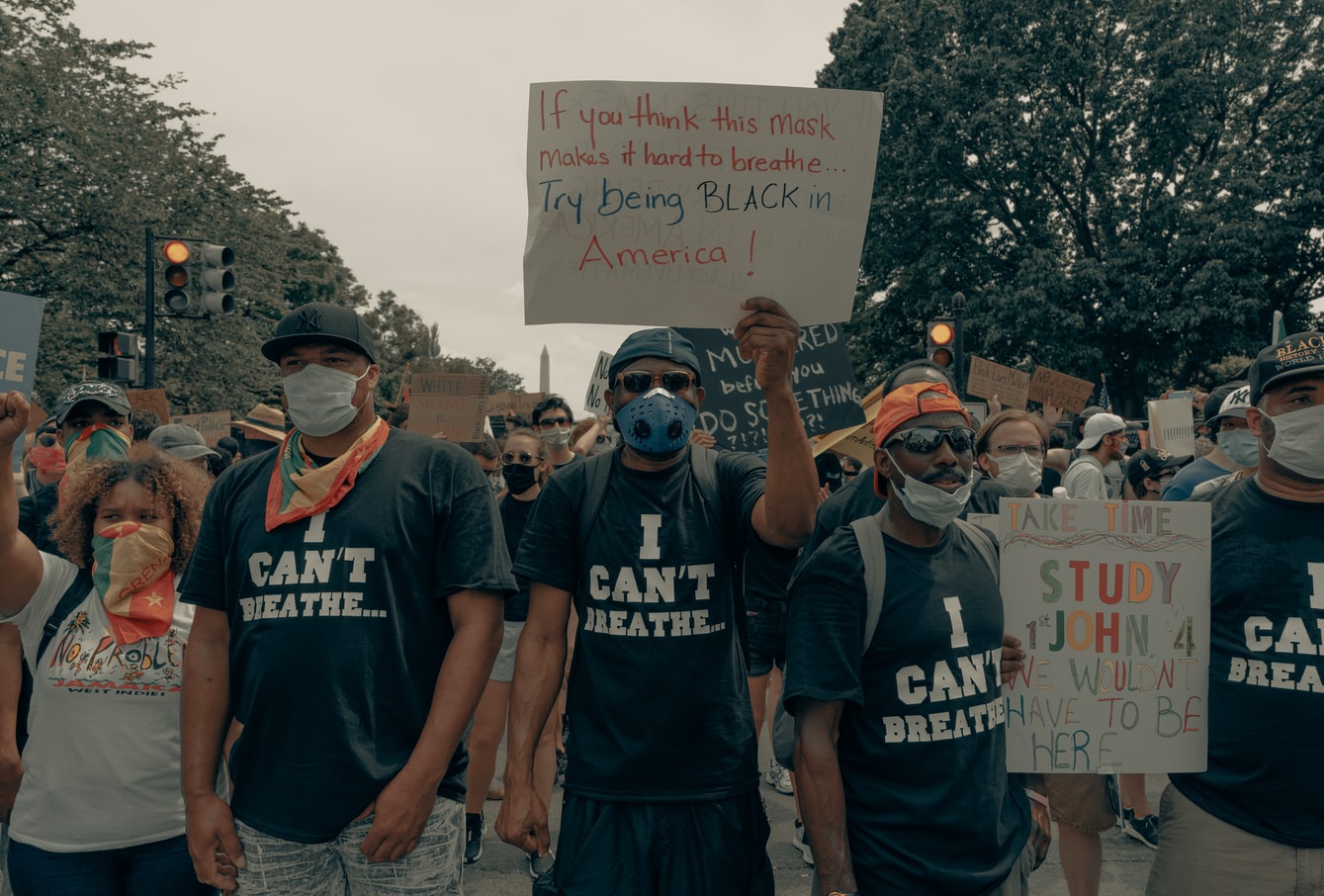
Divided nations
When COVID-19 was officially declared a pandemic on March 11, countries rushed to secure vital medical supplies, triggering a wave of export bans, equipment poaching and beggar-thy-neighbor bidding wars.
On one occasion, the United States intercepted around 200,000 N95 masks – intended for German police – while they were being transferred between planes. Andreas Geisel, State Minister of the Interior of Berlin, labelled America’s actions “an act of modern piracy”.
Efforts to bring the pandemic under control and slow the rapid descent into nationalism, were frustrated further as some actors opted to politicize the pandemic. The US president, who incidentally presided over the greatest number of coronavirus cases and deaths of any nation, stands rightly accused of politicizing the pandemic like no other.
Trump initially praised Beijing over its pandemic response, but quickly changed tune when American cases and deaths began to rise. The U.S. leader went on to accuse Beijing of a “coverup” and attempt to rebrand the pandemic as the “China virus”.
When the WHO refuted Trump’s bogus claims and insisted that he stop politicizing the pandemic, the nationalist leader done something which shocked the world and will be forever remembered by future generations. Amid the most severe health crisis in more than a century, Donald Trump, pulled the United States out of the World Health Organization.
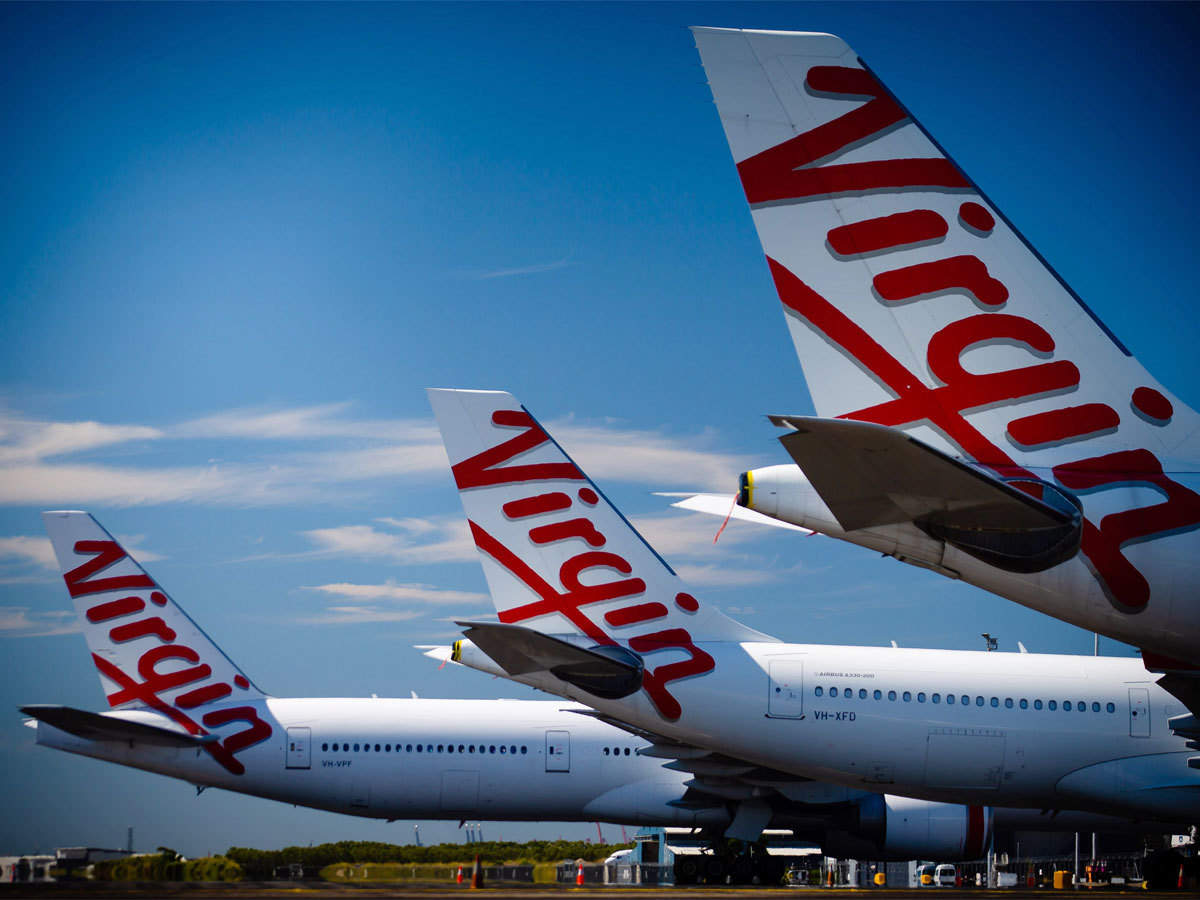
The great divide
Clearly, the pandemic has been a great trigger of conflict, fueling bitter divides among populations and governments alike. But, by far the greatest division which the pandemic has exacerbated, is the divide between the haves and the have-nots.
For those already struggling, the pandemic has been like a wrecking ball – inflicting a “double whammy” of both health and economic trauma.
Nobel award winning economist Joseph Stiglitz stated plainly that COVID-19 has not been an equal opportunity virus. “COVID-19 goes after people in poor health and whose daily lives expose them to greater contact with others”, he said. “This means, it goes disproportionately after the poor.”
Speaking on the disproportionate economic consequences of the virus, Gina Gopinath, the economic counsellor of the International Monetary Fund, said the pandemic has hit the poor hardest. “We are seeing inequality within countries grow”, she said. “You are seeing low-skilled workers being much harder hit, women being much harder hit, [and] younger people being much harder hit”.
While those on low-wages and in precarious jobs have been disproportionately exposed to the health and economic crisis’, the wealthiest have seen their fortunes skyrocket. Indeed, a report by UBS found that during the height of the crisis, billionaires increased their wealth by more than a quarter (27.5 percent).
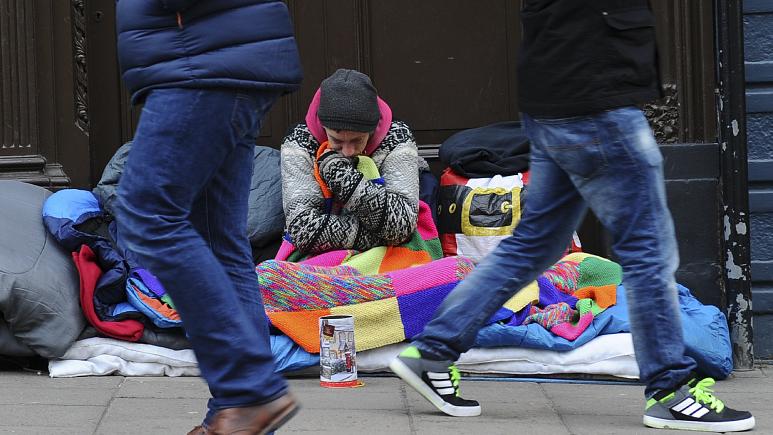
Important message
As a growing number of vaccines advance through clinical studies, wealthy countries are reportedly “clearing the shelves” – leaving little, if anything available, for poorer nations. Notably, this presents a grave danger, because for as long as there is a single country which fails to bring the disease under control, there is a chance that it could spread and reemerge elsewhere.
According to the People’s Vaccine Alliance, Canada has snapped-up enough vaccines to immunize its population five times over. While the US, UK, EU, and Australia, have also reserved enough doses to vaccinate their citizens numerous times too. By contrast, 67 of the world’s poorest countries will only be able to vaccinate one in ten people against COVID-19 over the coming year.
In an emotional speech, WHO Secretary-General Antonio Tedros Adhanom warned that “vaccine nationalism” threatens to “prolong the pandemic”.
“As global public goods, COVID-19 vaccines, therapeutics and diagnostics must be available on the basis of equitable and affordable access for all, especially for health workers, the elderly and other at-risk groups.
“This is not just a moral imperative and a public health imperative, it’s also an economic imperative.
“In our interconnected world, if people in low- and middle-income countries miss out on vaccines, the virus will continue to spread and the economic recovery globally will be delayed.”
The message could not be clearer: Narrow the gulf of inequality and learn to cooperate so as to overcome the current crisis and be better prepared for the next.
The article reflects the author’s opinions, and not necessarily the views of China Focus.
 Facebook
Facebook
 Twitter
Twitter
 Linkedin
Linkedin
 Google +
Google +



